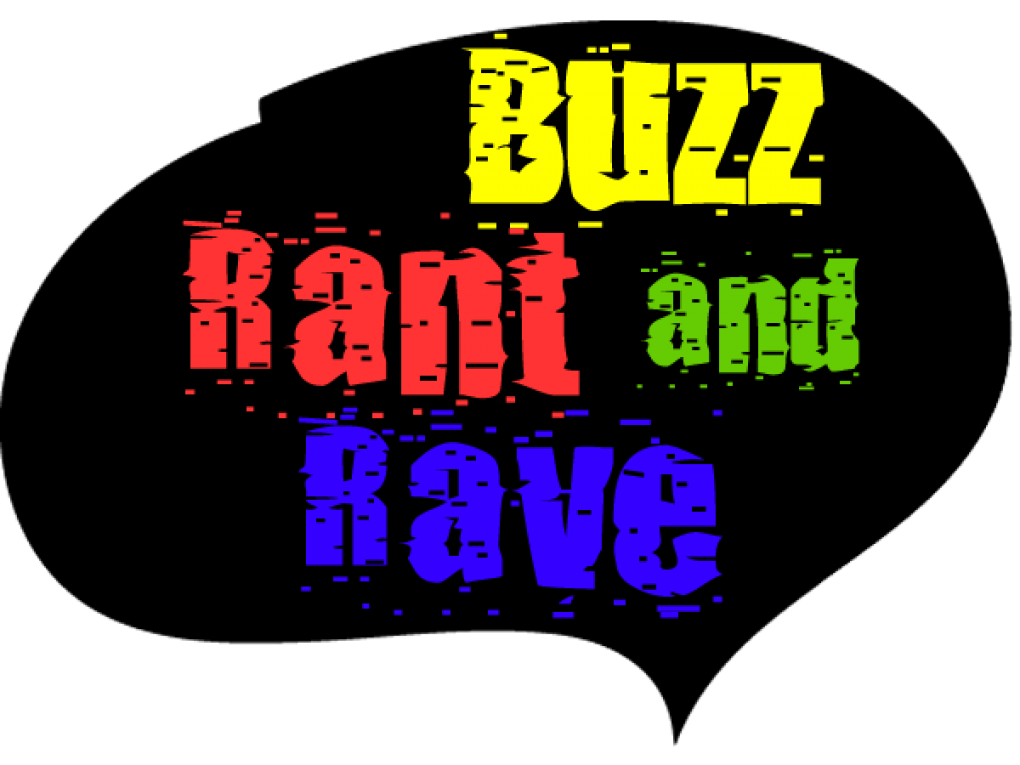So this little venue in NYC, Madison Square Garden, hosted a small concert last night in celebration of the 15th anniversary of the Rock & Roll Hall of Fame. The bill featured Bruce Sprinsteen & The E-Street Band, Stevie Wonder, Paul Simon, Simon & Garfunkel, Crosby, Stills, Nash and friends. Perhaps you may have heard of some of these artists?
So yeah. That was some bill. And the show lasted until 1:30 AM, as all of the performers brought out special guests, which included Bonnie Raitt, James Taylor, Jackson Browne, Dion DiMucci, Little Anthony and The Imperials, Smokey Robinson, BB King, Sting, John Legend, Jeff Beck, Sam Moore, Darlene Love, John Fogerty, Tom Morello and Billy Joel.
Some of the collaborations seemed superfluous, such as Sting playing bass on “Higher Ground” with Stevie, with an awkward segue into a tepid cover of “Roxanne.” Others didn’t have any flow– the two acts who played with Simon and Garfunkel (Dion and Little Anthony)– were obvious influences on Simon and Garfunkel, but didn’t really bring any new shadings to the set, which probably would have been more musically memorable if Art Garfunkel and his awesome hair sang with Simon on one of Simon’s solo hits. Or just if they dug deeper into their catalog. But Crosby and Nash offered backup vocals to Simon’s cover of “Here Comes the Sun.” And “Bridge Over Troubled Water” was just tremendous as Garfunkel’s voice was more than up to the task of filling the Garden. (Of note, according to the image projected behind the stage, the East River is apparently troubled water.)
Some of the collaborations made up for the extraneous or boring ones. Half of Stevie’s guests were teh awesome. Jeff Beck came on stage to wail on the guitar for “Superstition.” And it was tremendous. John Legend sang a competent version of Marvin Gaye’s “Mercy Mercy Me” with Stevie. (That’s a case where a competent version is a tremendous complement. Not an easy song to pull off, and while it didn’t reach any higher ground, the song worked.) Legend also sat in on piano with Stevie to cover Michael Jackson’s “The Way You Make Me Feel” for an emotional performance.
Aside from an opening trip to “Woodstock,” the Crosby, Stills and Nash set felt lightweight and superfluous to the rest of the night. All three were in fine form vocally, but I could have used another hour of Stevie and Jeff Beck jamming.
Springsteen’s choices of guests revealed much about his influences. Sam Moore showed how much of an influence he had on Springsteen as a performer and frontman. It also demonstrated that (with some extra horns) the E Street Band make for a solid soul revue show band. John Fogerty and Tom Morello showed a bit of the continuity of politically oriented rock music. By far, the highlights of Springsteen’s set were the songs that Morello sat in for. I’m not a huge fan of Rage Against the Machine, so I had no expectations for Morello’s playing (unlike, say, Jeff Beck.) His blistering solo on “The Ghost of Tom Joad” brought the song to a new level and helped elevate a cover of “London Calling” from acceptable to great.
Less musically interesting and successful was the summit meeting between NJ’s Springsteen and Lon Gisland’s Billy Joel. Unlike the other guests, Joel’s appearance wasn’t announced on the event’s website beforehand, so it was a surprise for me until Bruce started talking about the similarities between NJ and LI and the stagehands brought a second piano on stage. The contrast between Springsteen and Joel is interesting. Both came up in the 70’s in the New York suburbs writing and performing music mainly about disaffected teens in the suburbs. While Springsteen’s is somewhat more influenced by the soul and folk traditions, Joel’s is more directly descended from Tin Pan Alley. Although Sprinsteen himself is a guitar player, his best album, “Born to Run” is as much of a piano-driven album as anything by Joel. But even as someone who is unashamed to own Billy Joel albums, the juxtaposition of the two on the same stage showed me how much more
The interesting contrast between the two is where they took their music after their initial success. Springsteen became an outspoken advocate for the working class through song as stagflation gave way to Reaganomics. He delved deeper into the folk tradition with Nebraska and The Seeger Sessions. He released one of the most relevant and timely albums of this decade with “The Rising” and has continued to write new music. In contrast, Joel evolved from singing about disaffected teens to singing about disaffected middle age adults. His music remained personal, while Springsteen’s evolved to add activism and politics to the personal. Joel may have said everything he has Perhaps that’s why Joel last released an album of new rock music in 1993, Springsteen has released 6 new albums (3 with the E Street Band and 3 folk albums).
And Springsteen still leads the biggest and baddest rock and roll carnival to roll through town. As a 60 year old, the Boss has more energy than most 25 year old indie rockers.
Via The Star Ledger, Setlists for the show.
Rolling Stone: Rock and Roll Hall of Fame Turns 25 With All-Star Sets From Springsteen, Wonder and More, Epic Moments at the Rock Hall 25th Anniversary Concert, Morello, Raitt, Crosby Pay Tribute to Fellow Legends Backstage at First Rock Hall Concert
